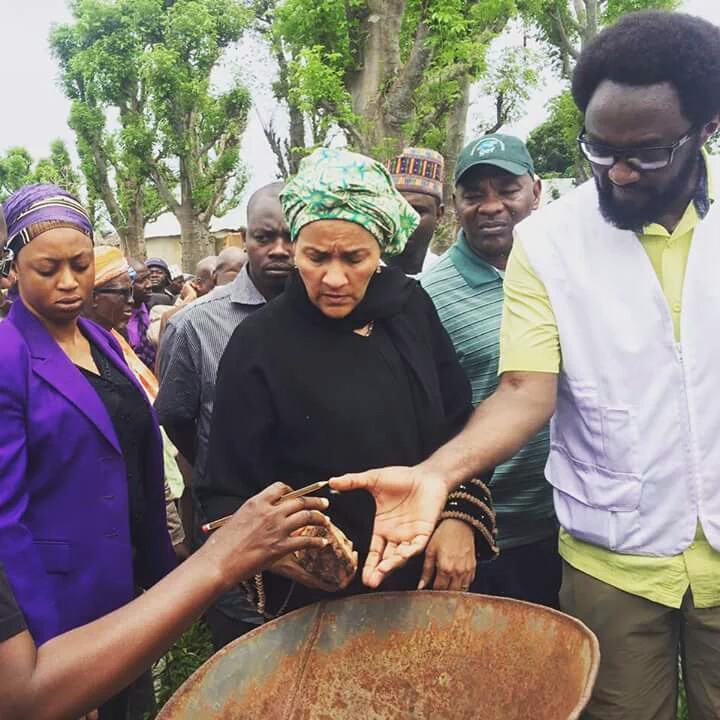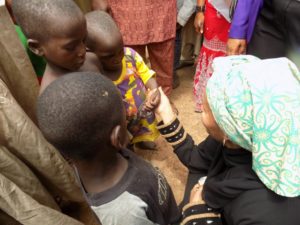After Secondary School by Titus Tukurah
Some of our classmates have gone out of the country, some are now graduates, some have married, some have given birth, some are dead don’t forget that too, some are yet to be admitted into the tertiary institution, but you know that feeling when you meet your classmate and it seems like they have achieved their dreams and you’re not yet close to yours.
Yes, somehow feels like jealousy, it’s a normal feeling. But, you must not regret your life because all fingers are not equal. We all are different and our path to greatness is not same in distance. Some might reach before you, some might reach after you, some might not even reach, but whatever level you are presently please keep trying to break the limitations and move further. Celebrate the success of others, it’s an application for yours, rejoice with those that are rejoicing and mourn with them that are mourning. Your friend buys a car now, be happy with him. Remember when you get yours, theirs wouldn’t be the latest again. Life is not by competition but rather endurance.
Life is also a game that some might succeed while others might not. If not we all have been born into one family, one religion and same everything. The passion in you, never quench. The desire in you, keep it burning. The goal in you, keep pursuing it. What you pass through, the challenge you are facing don’t be intimidated rather write it down because one day the world would be ready to read it. There’s no height you cannot attain, just believe, define your goals and recognize distractions, spend time teaching yourself, because the things that mainly take people to the top is the things they devoted day and night and time to time to develop. Don’t be intimidated by your fellow’s success, the sky is too wide that the birds can fly without touching themselves.
 The mind is a dangerous thing and if you let it, it will kick you, beat you, and make you want to give up, quit, run for the hills and never, ever look back. Ever. In short, the mind can be a twist. It’s not easy to overcome the thoughts that trip us up. The self-destructive thoughts our minds come up with may be irrational, but when they’re raging inside of your head, well, they seem very real and very serious, and they can be utterly devastating.
The mind is a dangerous thing and if you let it, it will kick you, beat you, and make you want to give up, quit, run for the hills and never, ever look back. Ever. In short, the mind can be a twist. It’s not easy to overcome the thoughts that trip us up. The self-destructive thoughts our minds come up with may be irrational, but when they’re raging inside of your head, well, they seem very real and very serious, and they can be utterly devastating.
Have you ever felt like such a fake as a writer that you wanted to walk away and never feel that way again? I never feel like a fake cause I know where i’m going to and where am from. Think positive, dream positive, Eat positive, Live positive and stop looking down on yourself or somebody but keep but to your dream, vision and goal.
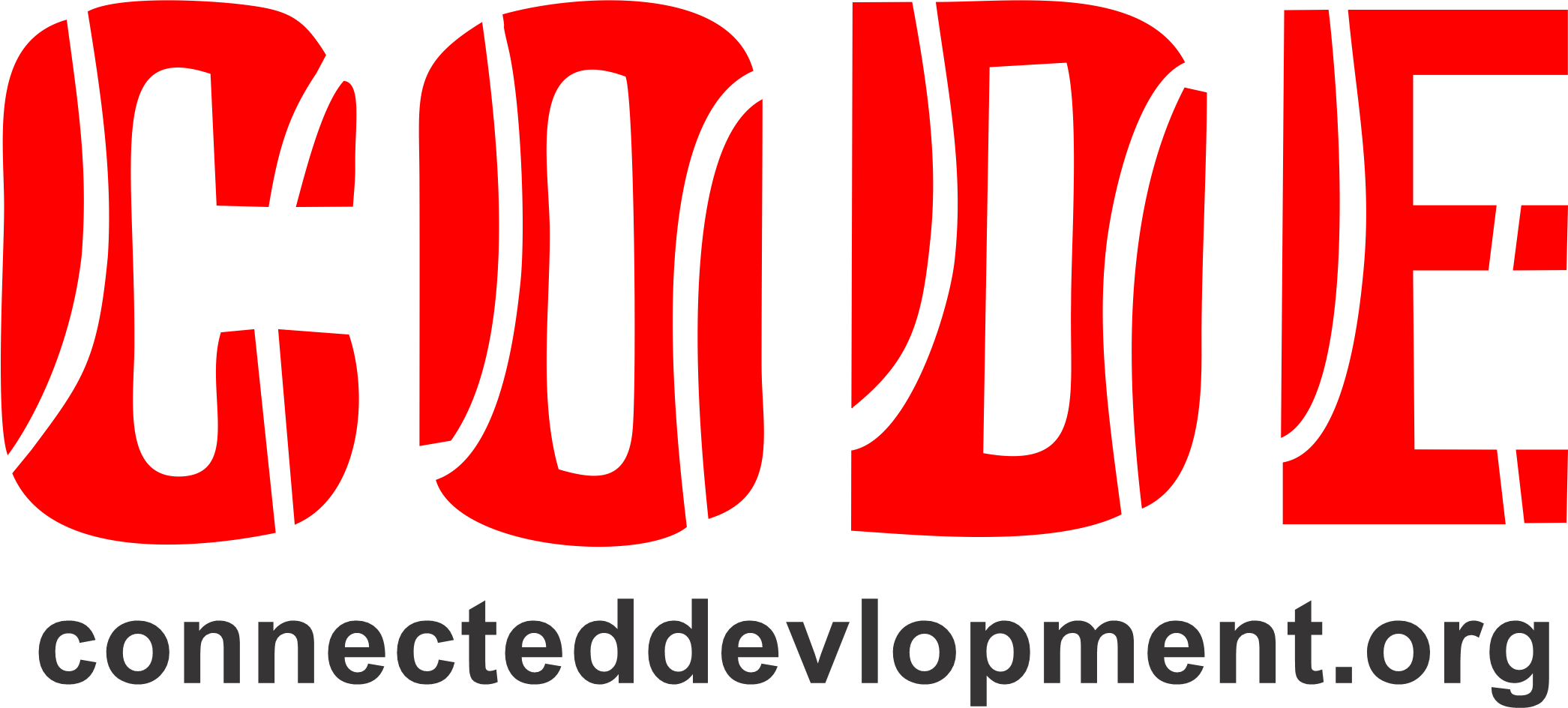

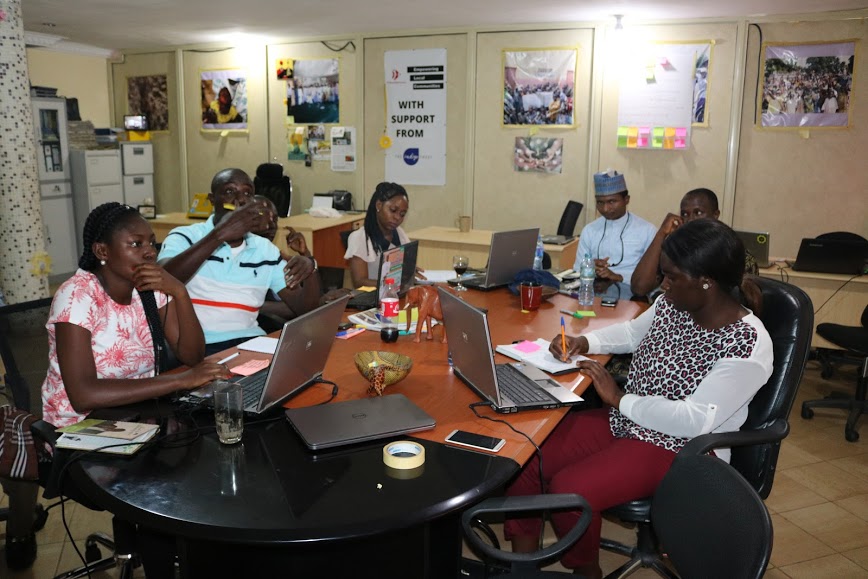
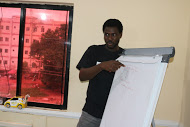 Speaking at an In-house training organised by CODE, the monitoring and Evaluation Officer, Oludotun Babayemi said Follow The Money is planning a virtual newsroom that will run 24 hours – several times in a month with the objective of strengthening the voice of 95 million Nigerians leaving in rural communities in Nigeria, while increasing their participation in governance.
Speaking at an In-house training organised by CODE, the monitoring and Evaluation Officer, Oludotun Babayemi said Follow The Money is planning a virtual newsroom that will run 24 hours – several times in a month with the objective of strengthening the voice of 95 million Nigerians leaving in rural communities in Nigeria, while increasing their participation in governance. 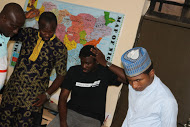
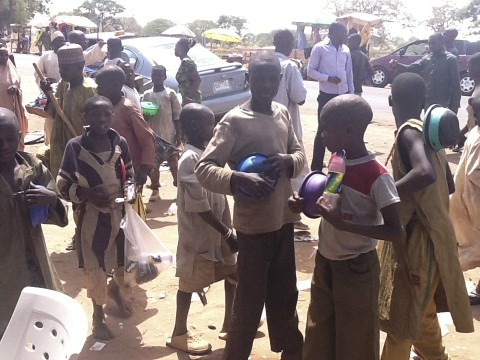
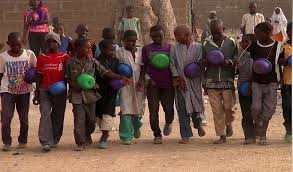 In Northern Nigeria alone, they are estimated to be about 10 million—indicating that approximately one out of every 16 Nigerians and one out of every 7 Nigerian Muslims is an Almajiri. Granted that their number is a million more than the population of Sweden, they are a social menace and a liability on the Nigerian populace, and they help sustain a misconception—that Muslims are uncivilized and backward.
In Northern Nigeria alone, they are estimated to be about 10 million—indicating that approximately one out of every 16 Nigerians and one out of every 7 Nigerian Muslims is an Almajiri. Granted that their number is a million more than the population of Sweden, they are a social menace and a liability on the Nigerian populace, and they help sustain a misconception—that Muslims are uncivilized and backward.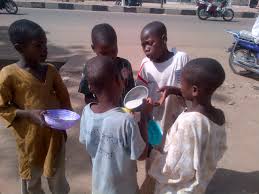


 Follow The Money Team, while celebrating this significant landmark in history of the Nigerian mining industry, also want the government to be transparent in carrying out this assignment and come up with a clear work plan showing the actual amount budgeted and a definitive time frame for completion of the project. It is important to mention that NGN 256,688,000 was appropriated in the 2016 budget for ‘Characterization & Remediation of Lead Poison Contaminated Communities’ that was signed my Mr. President. This is important, so as to enable us effectively participate in monitoring the process and provide the public with every necessary information they may require.
Follow The Money Team, while celebrating this significant landmark in history of the Nigerian mining industry, also want the government to be transparent in carrying out this assignment and come up with a clear work plan showing the actual amount budgeted and a definitive time frame for completion of the project. It is important to mention that NGN 256,688,000 was appropriated in the 2016 budget for ‘Characterization & Remediation of Lead Poison Contaminated Communities’ that was signed my Mr. President. This is important, so as to enable us effectively participate in monitoring the process and provide the public with every necessary information they may require.
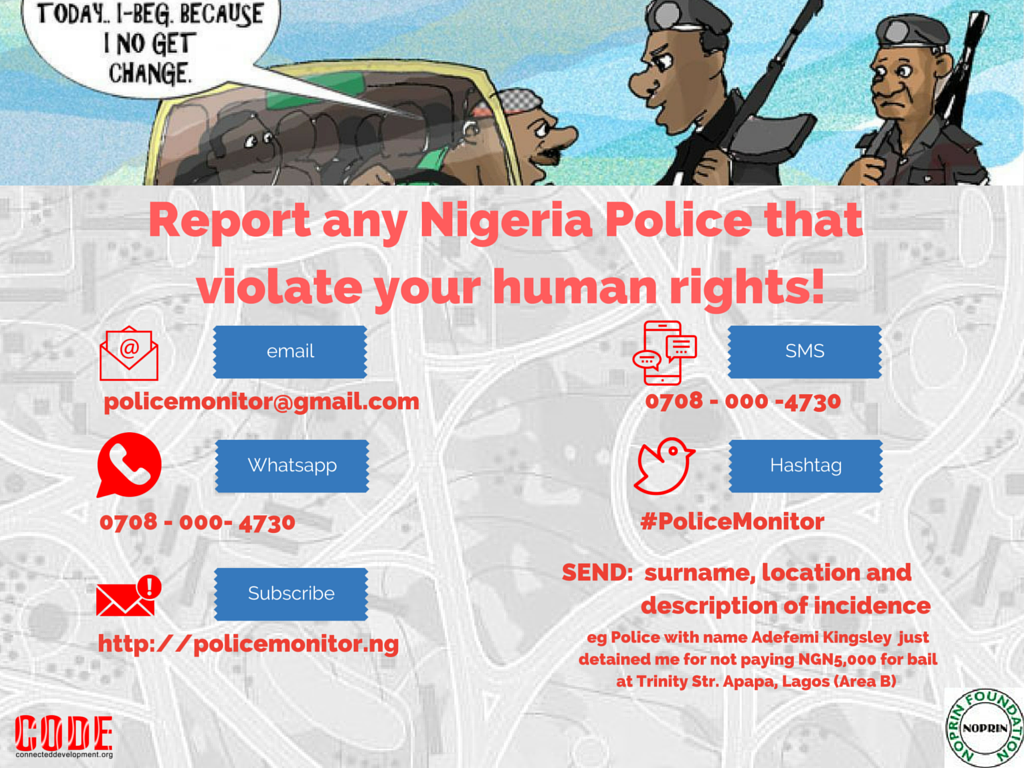

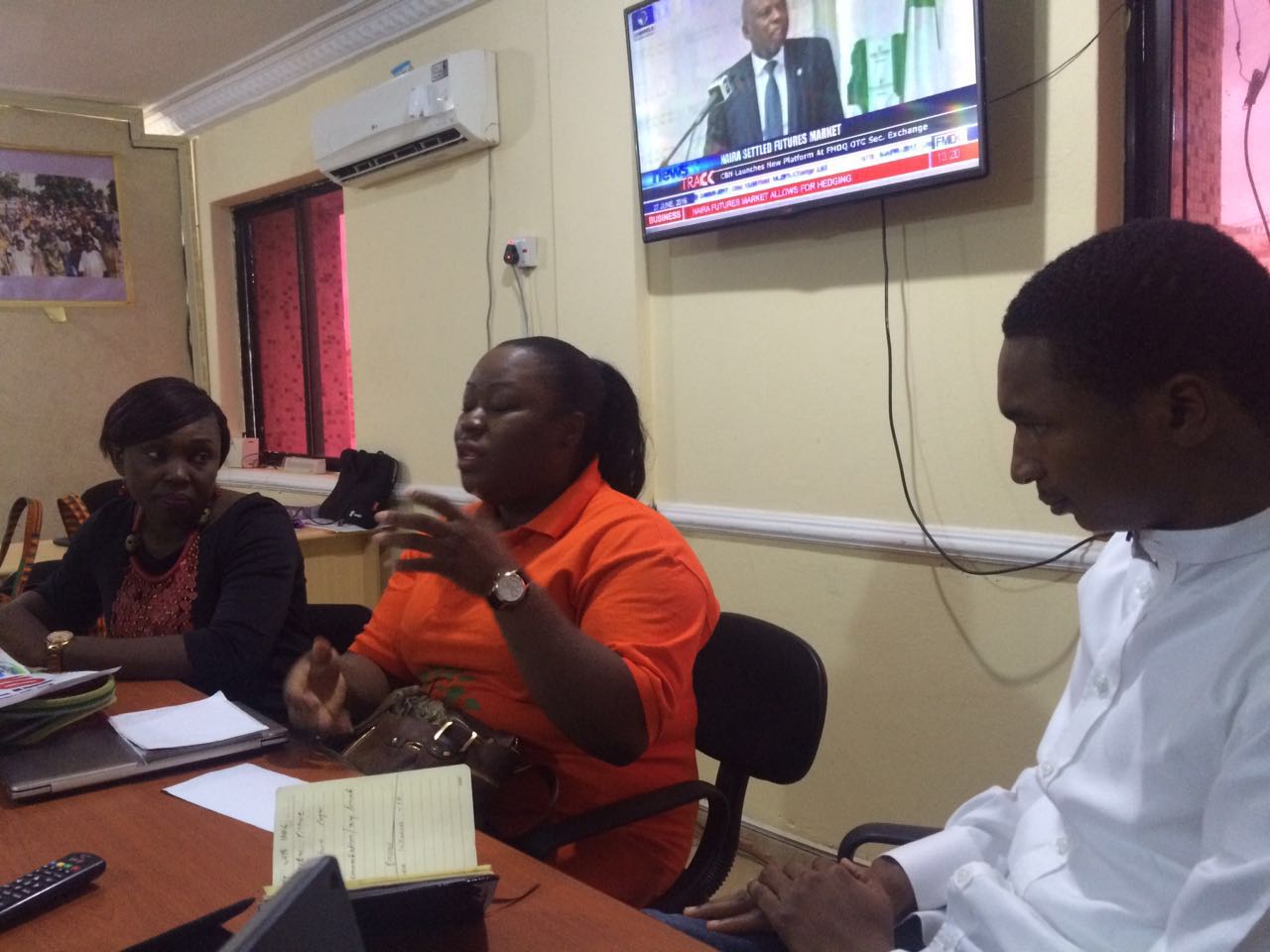
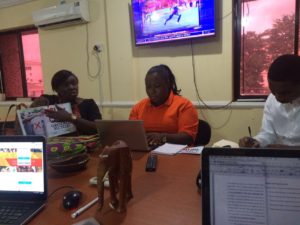 She said that about 50,000 or more stickers will also be launched, adding that the stickers will be at the bumper of every cabs and keke in Abuja environs.
She said that about 50,000 or more stickers will also be launched, adding that the stickers will be at the bumper of every cabs and keke in Abuja environs.
